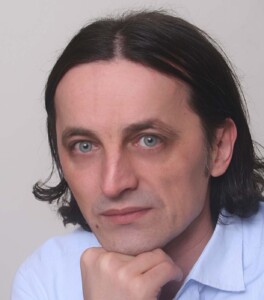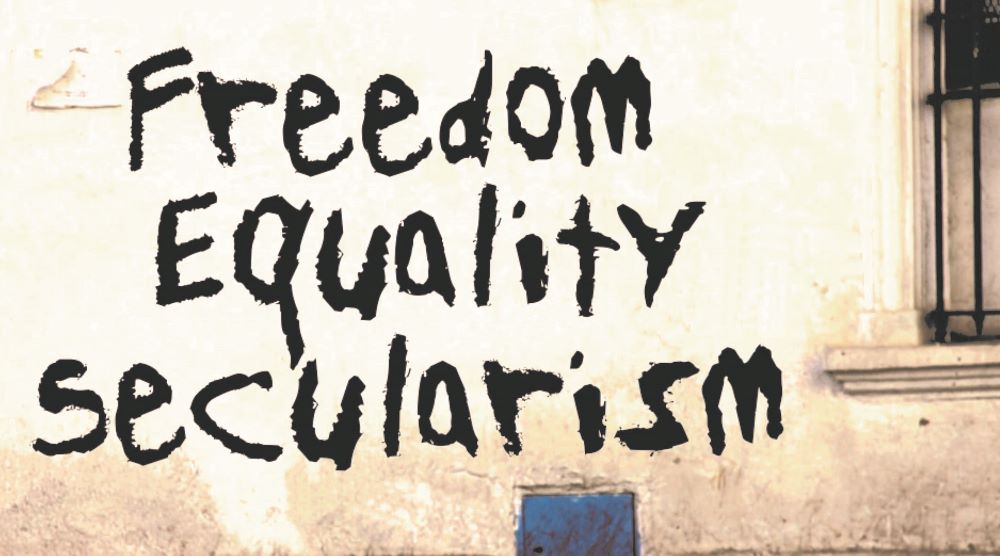After the disintegration of Yugoslavia, public display of religious affiliation became socially desirable, and the small minority who didn’t subscribe to this type of identification were and still are considered national traitors and religious apostates.

Drago Bojic
Bosnia and Herzegovina is constitutionally and legally defined as a secular state with a separation of religion and state. Constitutionally that is the case, but in religious and political practice – not so much. The long historical intertwining of religion and nationality emerged in the early 1990s as the most important identity marker. After the disintegration of Yugoslavia, public display of religious affiliation became socially desirable, and the small minority who didn’t subscribe to this type of identification were and still are considered national traitors and religious apostates.
There are many examples in recent Bosnian history which demonstrate that religion and ethnicity are strongly intertwined, and that politicians often act as spokespersons for religious communities, and religious leaders act as political representatives of the people, or nations. Most Bosnian-Herzegovinian citizens do not distinguish between national and religious affiliation and therefore do not accept the principles of a secular state. Religious content is an element to all important political events, and political figures are present at important religious celebrations.
Bosnian-Herzegovinian society functions as a society of three nations and three religions. Religious communities ensure the loyalty of their believers to national policies and the government, who reciprocate by bringing religious holidays and symbols into the public space and state institutions.
So, the Republika Srpska entity celebrates the patron-saint St. Stephen the First Martyr (January 9) as Republika Srpska Day, despite the BiH Constitutional Court declaring the holiday unconstitutional in 2016, and many institutions in the entity, such as schools, bear the names of saints and celebrate patron-saint days. In places where Croats and Catholics are in the majority, Catholic holidays and festivities are taken as the official Day of the municipality, so, for example, the municipality of Kiseljak celebrates the Day of the Municipality on the day of St. Ilija (July 20), and the municipalities of Posušje and Široki Brijeg do the same on Feast of the Assumption (August 15). Representatives of the Islamic Community also bring religious content into the public space with religious greetings and religious symbols in public institutions.
When Grand Mufti Kavazovic gathers state and political representatives of Bosniaks to discuss the position of Bosniaks in Srebrenica and Republika Srpska, he steps directly into an area of politics that does not belong to him. When the patriarchs of the Serbian Orthodox Church (Paul and Irinej, and now Porphyry did the same) support the Republika Srpska entity and the politicians who lead that entity in their pastoral campaigns, they act not only as spiritual authorities, but also as political leaders of that people. When Cardinal Puljić talks about the threats faced by the Croatian people in BiH, he takes over the rhetoric of the HDZ and most Croatian politicians in BiH.
These examples show that Bosnia and Herzegovina does not respect the most important principle of a secular state – the principle of neutrality, which is a prerequisite for equality. The impartiality of the state in relation to religious communities ensures equal treatment of all members of the social community, both believers and non-believers. This is not the case in Bosnia and Herzegovina, where religious communities are privileged where they are in the majority, leading to discrimination against minority religious communities and non-religious people.
The relationship between the state and religion in BiH usually follows the rule – those in power hold the faith.
Drago Bojic, theologian and publicist



Leave A Comment